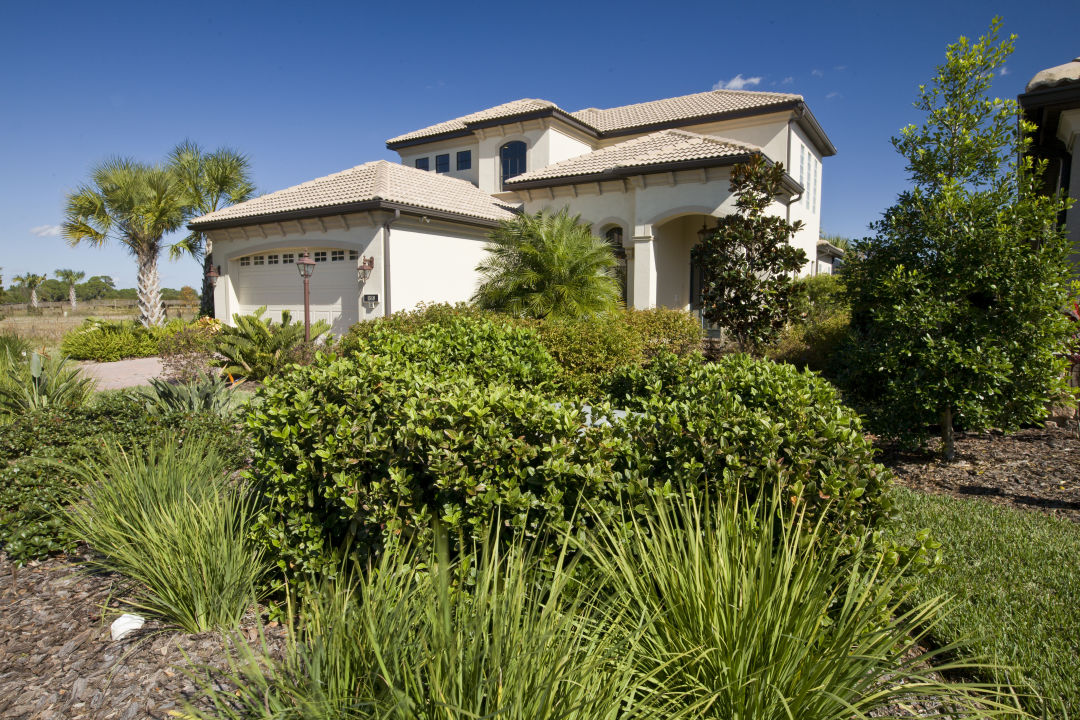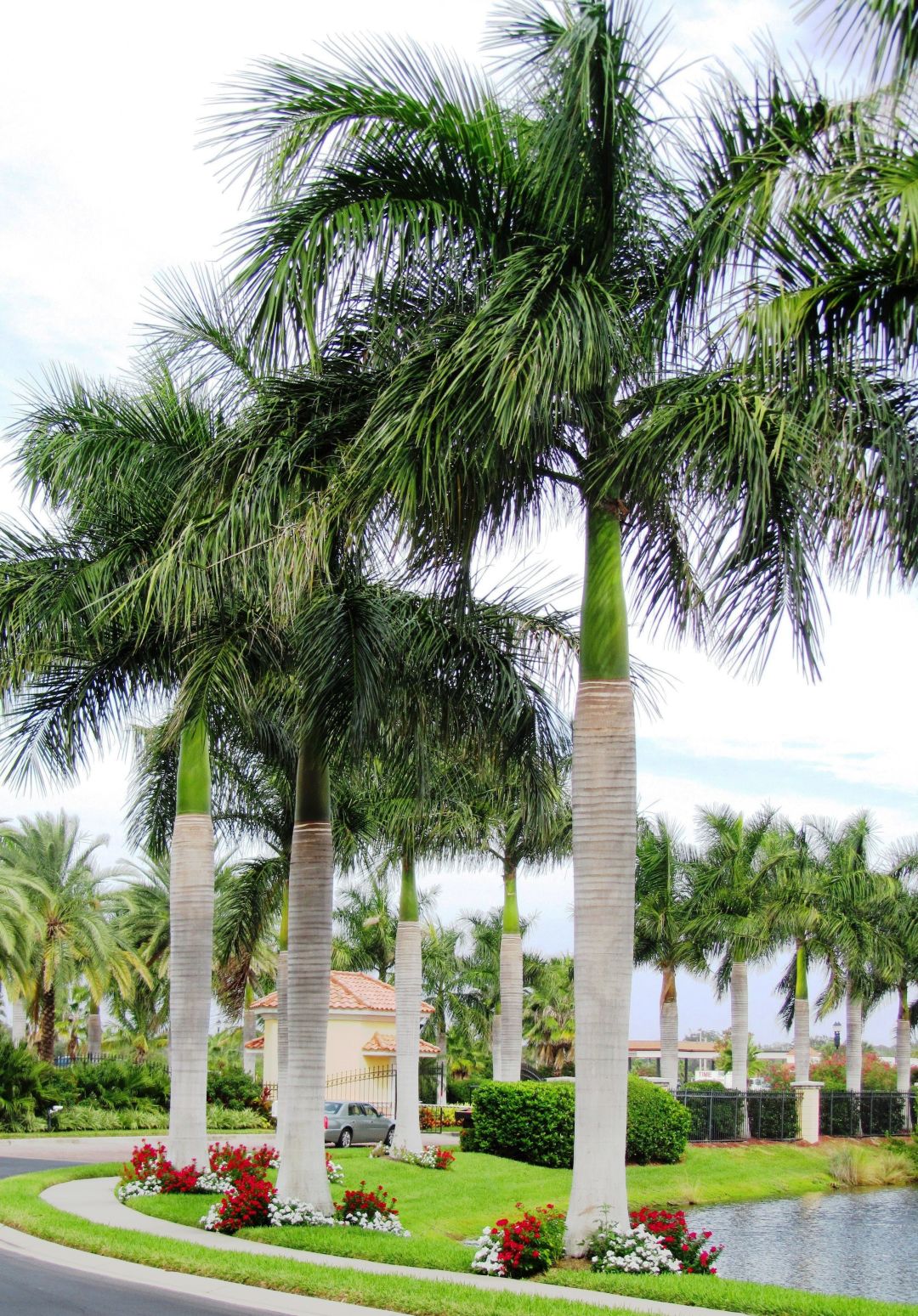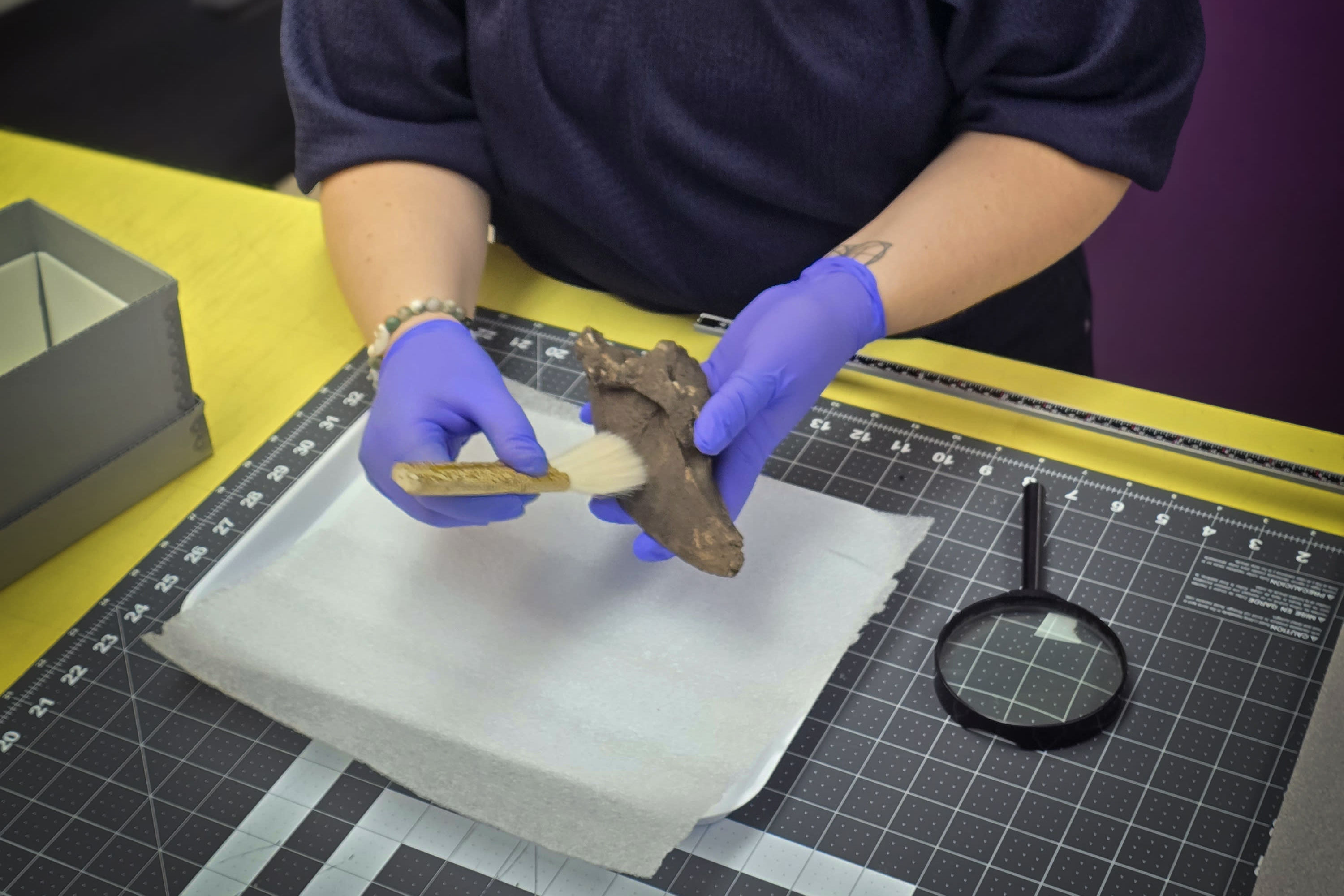The Do's and Don'ts of Summer Lawn Care

The University of Florida Institute of Food and Agricultural Sciences recommends using slow-release fertilizer during the months prior to our rainy season.
Image: Courtesy Photo
Florida's rainy season is upon us, and you may find yourself tempted to give your lawn an extra boost while it's being watered naturally. But hold off on the fertilizer! Boosting your lawn with fertilizer during this time can result in more harm than good.
Why? Because rain can sweep nitrogen- and phosphorous-filled lawn nutrients directly into the Gulf. There, they cause an overgrowth in algal blooms along the coast, sometimes resulting in red tide. Because of the danger of fertilizer runoff, Sarasota County has a fertilizer blackout season. Each year, from June 1 to September 30, county homeowners should not be using nitrogen and phosphorous fertilizers on their lawns.
So if you can't use fertilizer to keep your lawn green, what can you do? Here are some lawn care "do's and don'ts" from University of Florida Institute of Food and Agricultural Sciences' Sarasota County horticulture agent Marguerite Beckford:
Use Slow-Release Fertilizer in the Spring
Beckford says the best time to fertilize is in May, with a fertilizer advertised as "50 percent slow release." This will give grass the nutrients it needs more slowly, before the fertilizer blackout begins. Beckford also recommends finding fertilizer without nitrogen and phosphorus, and if you have several palm trees close to the grass, use palm fertilizer for the entirety of the lawn instead.
Avoid Pruning
If you are wanting to prune your plants for aesthetic reasons, think twice. "Pruning is like giving a haircut to your plants, but unlike hair, plants that have been cut can become stressed out, resulting in lack of food production and unwanted overgrowth," says Beckford. Choose your plants based on growth potential, to avoid cutting a 12-foot shrub down to two feet. Stressed plants can also attract pests and diseases. Prune only when absolutely necessary, to clear entryways or paths.
Your palm trees should also only be pruned when fronds are completely brown. Cutting off green fronds will make the trees die more quickly.
Measure How Much You're Watering
The recommended amount of water for a lawn is between 1/2 inch to 3/4 inches each time you water it. Beckford suggests doing something called an "irrigation evaluation," if you own a sprinkler system. "Get an empty tuna or cat food can and put it out on the lawn where the sprinklers go off," says Beckford. "Measure how much water is collected over the course of 15 to 30 minutes." This evaluation will tell you if your lawn is getting too little, or too much, water.
Many neighborhoods in Sarasota restrict watering lawns to once a week, so be sure you're following guidelines. In addition, check to see if your system's automatic shutoff device is working. Such a device should turn off your sprinklers when it's raining. Click here to learn how to check your system.
Find Florida-Friendly Plants
Florida-friendly plants are built to survive our summers, and require little irrigation. They are low-maintenance plants that withstand direct sunlight and do not attract many pests or diseases. Florida-friendly plants can be found in local plant nurseries or garden centers. Check out the Institute's comprehensive list of Florida-friendly plants and landscaping guides for ideas.

Royal palms are a Florida-friendly plant found in many home landscapes.
Image: Courtesy Photo
Hold Off on Mowing
Let your grass grow to its highest point (without angering your homeowner's association, of course). St. Augustine grass blades, for example should be allowed to grow out between two and three inches before being mowed. "The higher the grass blades, the deeper and healthier the root system below is," says Beckford. "If blades are short, less green tissue is available to produce food, meaning you have an unhealthy root system."
As long as the roots are healthy, your grass should remain vibrant and green all summer long. Visit the Institute's mowing guide for more mowing tips.
For more information on lawn and landscape care from the Institute, click here or call (941) 861-9900.



